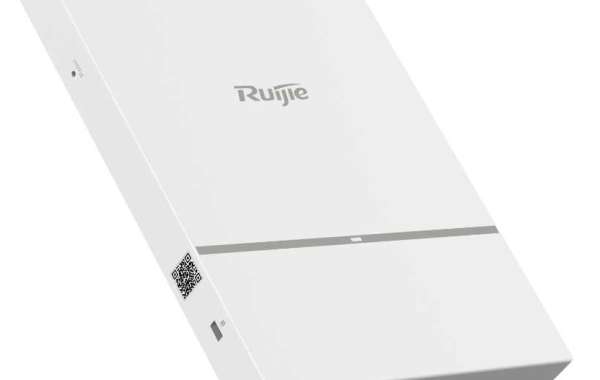Wireless AP and Range Extender: Which Wi-Fi solution is better?
Suppose you are looking for a solution for expanding wireless networks. In this case, you may encounter several hardware devices that provide this functionality, including wireless access points (APs) or range extenders. There are many vendors in the market promoting the deployment of extenders in wireless APs, and the two devices can be used interchangeably, which may confuse customers. This article will introduce in detail the characteristics, differences, and options between wireless access points and range extenders.
What are wireless access points and range extenders?
Wireless AP
For enterprise businesses, which typically connect desktops, laptops, mobile phones, and tablets to wireless Wi Fi networks, access points provide great flexibility and can expand the number of devices required for most businesses.
Wireless AP solutions have the following advantages and disadvantages:
advantage
Wireless AP can allow dozens or hundreds of users to access simultaneously. For campus network enterprise network environments, users can easily roam between different rooms without suffering from network outages.
Wireless APs support better wireless network performance than range extenders, and wireless signals are not affected by an increase in the number of deployed APs.
Users can deploy wireless APs anywhere they have Ethernet cables. Wireless access points can be compatible with the PoE standard and connected to the PoE switch through an Ethernet cable to provide data and power, eliminating the need for additional power cords or sockets.
Additional AP access point features, such as access control lists (ACLs), can identify guessed accesses to improve security and easily manage users in wireless networks.
shortcoming
A wireless AP must be hardwired to a router or switch through a network cable.
If power cannot be turned on, it typically requires a PoE network switch or PoE injector to power it. For some applications that have not yet deployed PoE devices, it is necessary to replace the original non PoE devices with PoE devices.
Rangefinder
Range Extenders extend the coverage of existing Wi Fi networks. Its working principle is to acquire existing WiFi signals, amplify them, and then transmit the enhanced signal. WiFi Extender is a very economical way to extend WiFi to fixed devices.
Extended range Wi Fi solutions have the following advantages and disadvantages:
advantage
Range extenders are a relatively simple and inexpensive way to expand wireless network coverage and range. Setting up and configuring a range extender is easier than deploying a wireless network using an AP.
shortcoming
Although the WiFi extender is easy to configure, the signal received from the main router can halve the WiFi speed.
The exact location of the WiFi extender is important because being too far from the router can cause network connectivity to be disrupted.
A range extender can cause more interference to a Wi Fi network because it should use the same frequency and channel to communicate with the primary router.
The difference between wireless AP and range extender
Although both wireless AP and range extenders can enhance Wi Fi signals, each device has its own characteristics.
Functional differences
Wireless AP is a hardware device that serves as a communication hub connected to a wired LAN and continuously receives and transmits data in the wireless LAN. Each wireless AP basically has an Ethernet interface for wireless and wired connections.
Unlike wireless APs, wifi extenders play an auxiliary role. A wifi range extender is a device that captures the radio signal from a wifi access point (AP) and rebroadcasts it to create a new set of extended service set identifiers. Range Extenders help extend the range of wireless AP extensions that cannot be reached by wired networks.
Efficiency difference
Wireless AP has no negative impact on network quality. Although WiFi extenders allow maximum flexibility, if the serving user and two-way transmission use the same wireless communication channel, the available bandwidth can be substantially halved.
Cost variance
However, there is also a price gap between the two devices. Adding a range extender is more cost-effective than setting up a new wireless access point.
Wireless AP and Range Extender: How to Choose?
Overall, range extenders are ideal for applications that connect very few Wi Fi devices. For high-density network applications that require high-quality Wi Fi signals, wireless AP is the overwhelming choice. In other words, if you need a cost-effective way to expand the range of your home's wireless network, a range extender is fine; However, if you live in a large house and are not satisfied with the network speed currently provided by the router, or if you are deploying Wi Fi networks for your campus or enterprise, upgrading to the latest standard wireless AP is worthwhile.
By evaluating the advantages, disadvantages, and differences of these two Wi Fi solutions, you may have reached a conclusion. In fact, the answer to which Wi Fi solution is better may be subjective. Whether a wireless access point or a range extender is better depends on what you want to achieve.








